This Hugely Underrated European Country Is One Of The Fastest Growing Hubs For Digital Nomads
5 min readDigital nomadism is on the rise now that border restrictions have been lifted, and a rising number of destinations are opening their doors to remote workers. Despite facing some strong competition in the field, a hugely underrated European country has been named one of the fastest-growing hubs for Digital Nomads worldwide.
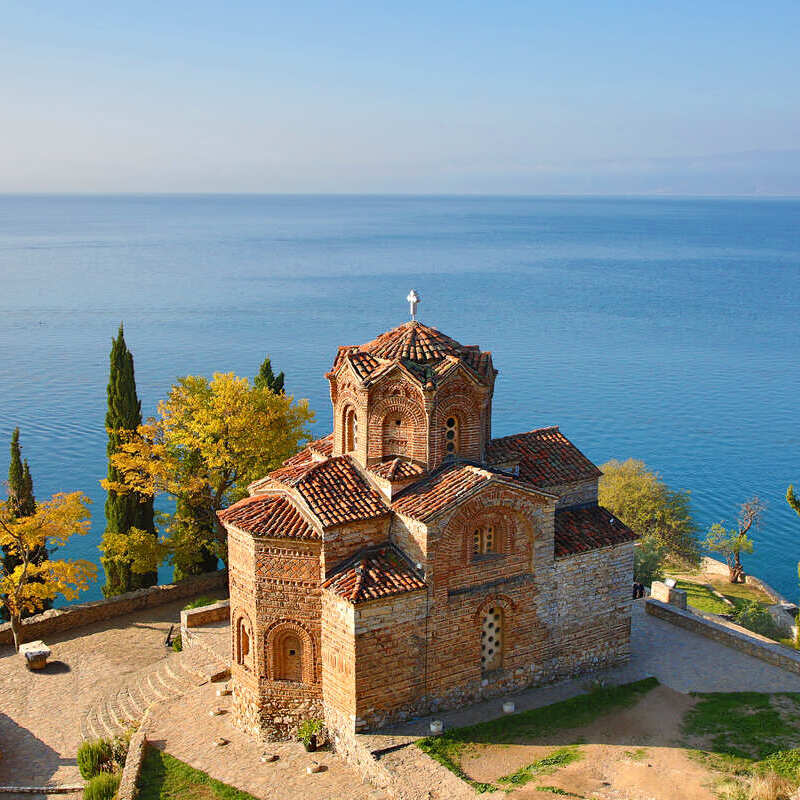

Last year, several countries in Europe launched their own Digital Nomad Visa (DNV), allowing Americans to remain in the continent for longer than the usual 90 days as a tourist, from the beautiful Portuguese Atlantic coast, as far East as the Greek islands. Interestingly, none of them has gained more traction than this lesser-known Balkan gem.
Everyone, meet North Macedonia (or Macedonia, as you like):
What Is North Macedonia Known For?
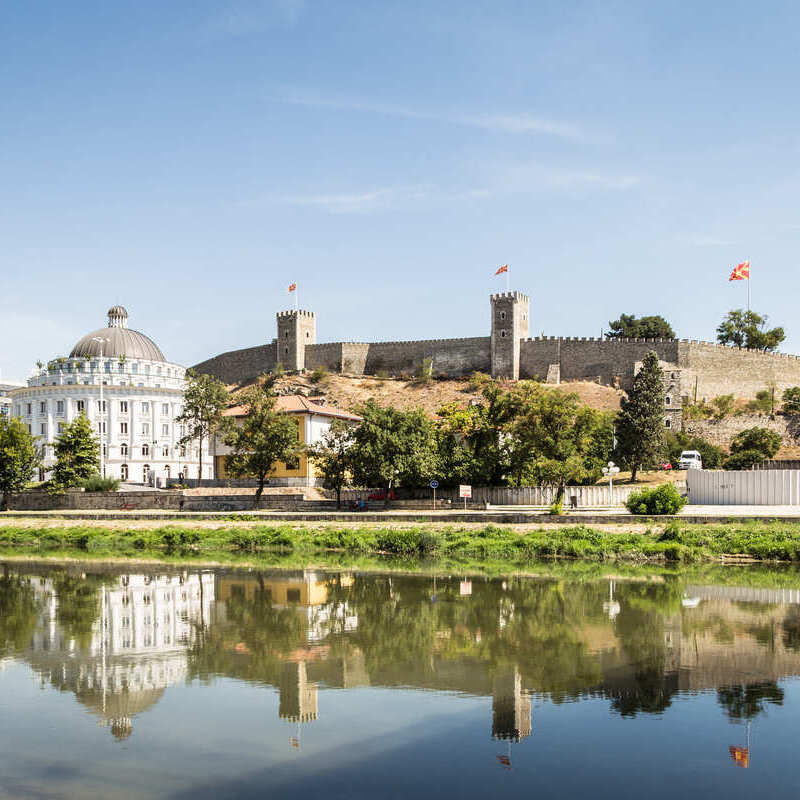

The Republic of North Macedonia (formerly named Macedonia) is a small nation in the heart of the Balkans, the same peninsula where other far more famous tourist hotspots like Croatia, Montenegro, and Greece are located. Overall, it is the third-least visited country in Europe, behind the micro-state of Liechtenstein and Moldova.
So why is North Macedonia ignored by tourists, you may be wondering? It is certainly not due to a lack of monumental sights or world wonders, but the fact it borders some of the Mediterranean’s most sought-after spots while not enjoying direct access to the sea itself, as well as limited flight options, may be a possible explanation:
Top 5 Travel Insurance Plans For 2023 Starting At $10 Per Week
Easily Earn Points For Free Travel
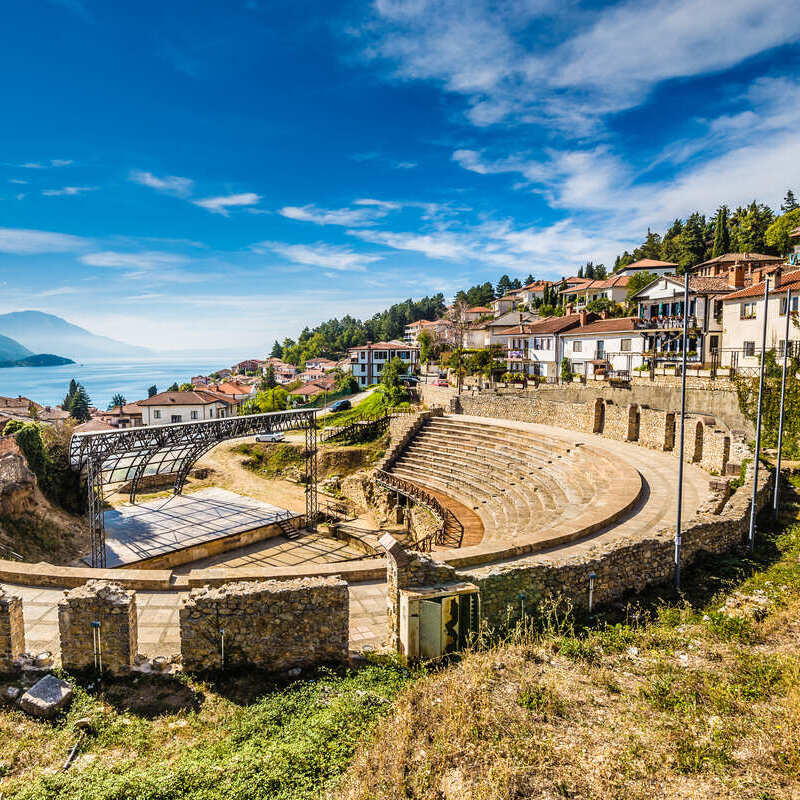

It may not have an opening to the ocean, but it is home to one of Europe’s largest freshwater lakes – Lake Ohrid – and a plethora of UNESCO World Heritage Sites, including the charming lakeside town of Ohrid, distinguished for its whitewashed Ottoman-era houses and Romanesque churches dating back to the 9th century or earlier.
The region can also trace its origins back to the reign of Alexander the Great, who ruled over the cross-national Macedonia region (which encompasses North Macedonia and parts of at least three other Balkan countries) in the 4th century BC. A giant commemorative statue of the legendary warrior riding a majestic horse stands in central Skopje.
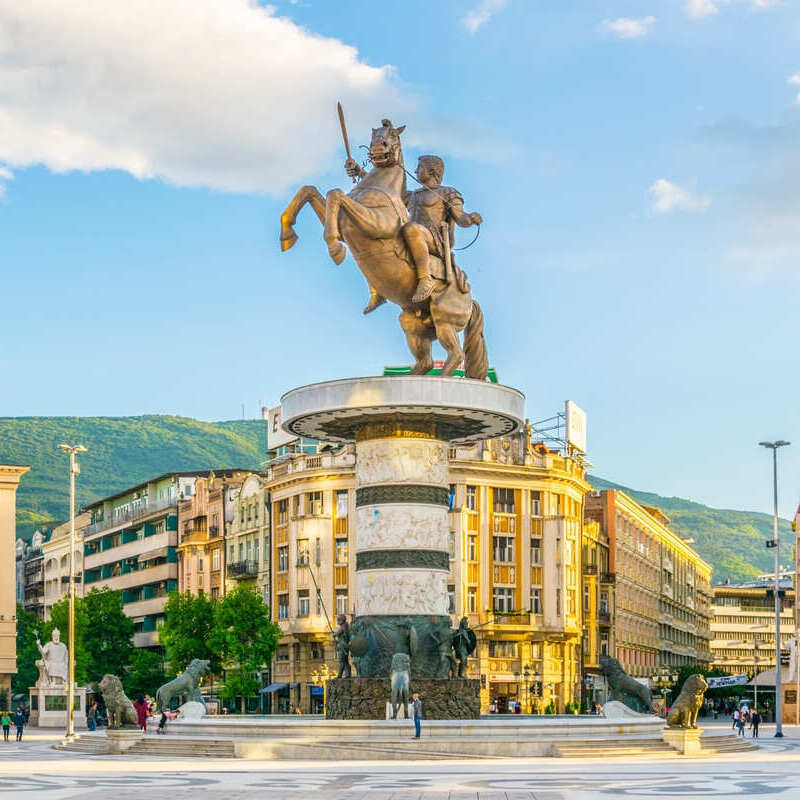

Lastly, a little-known fact about North Macedonia: it is the birthplace of Mother Teresa, the beatified nun who rose to prominence as a carer for the poor and sick in the slums of Calcutta, India. Nene Tereza was, in fact, ethnically Albanian, though born and raised in Skopje, where she lived until her coming of age.
Digital Nomads Are Going Off The Beaten Path In 2023
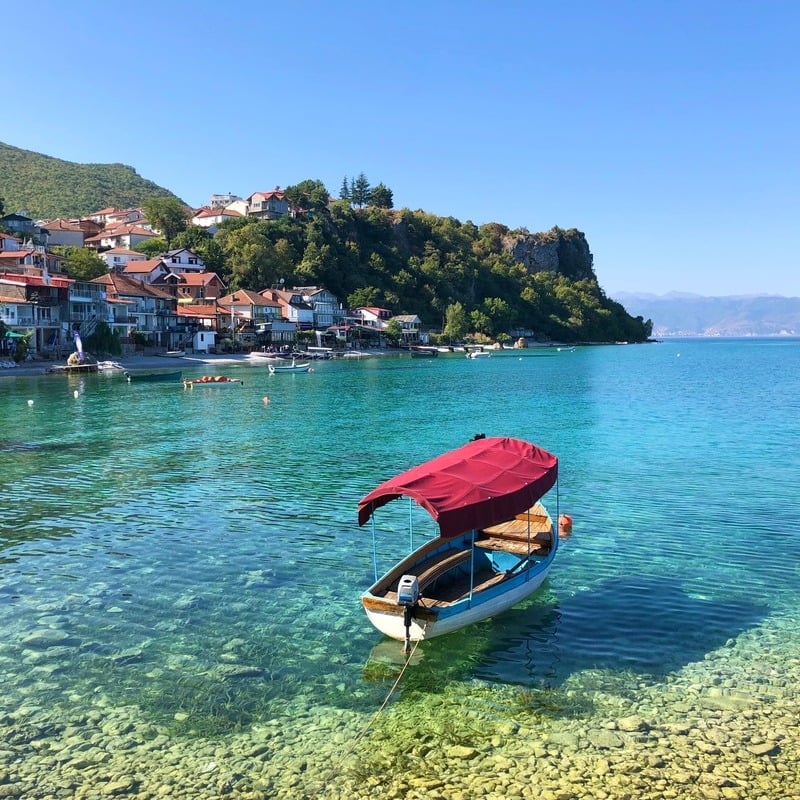

It may have taken a global pandemic for North Macedonia to step into the spotlight, but its potential is finally being acknowledged. Early on in the crisis, when all countries in Europe banned Americans from entering, enacting a series of draconian measures to halt tourism, North Macedonia was one of a handful that remained accessible to foreigners.
Even prior to vaccines being introduced, it welcomed nomads restriction-free. Alongside other Balkan partners lying outside the Brussels sphere of influence, it was for a long time their only gateway into Europe at a time when Italy, France, Portugal, and the like were unceremoniously turning visitors away at the border.
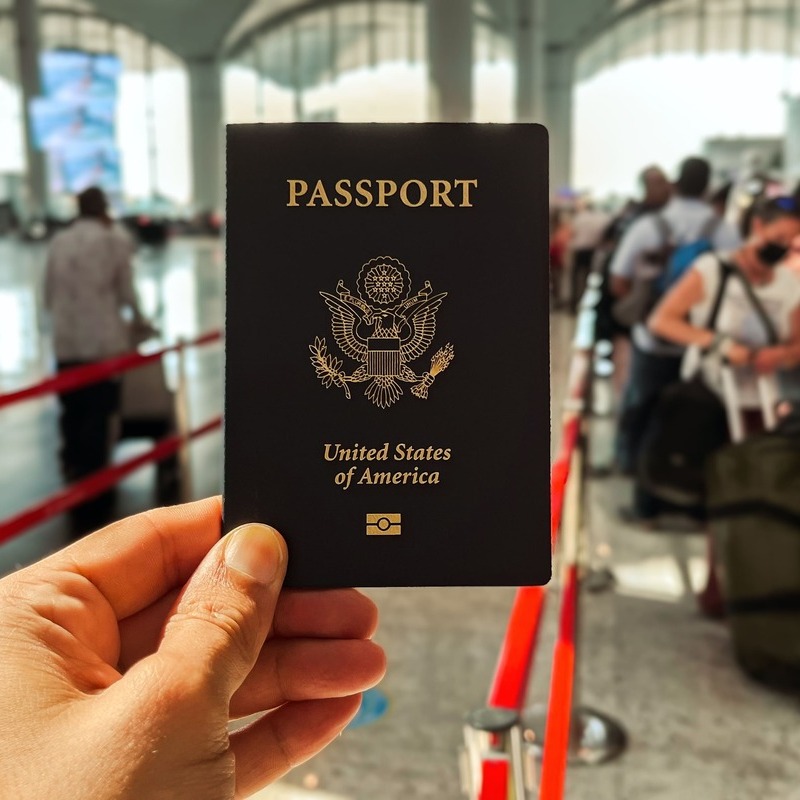

According to the latest data shared by Nomad List, Skopje, the North Macedonian capital, is the second fastest-growing digital nomad hub of the past five years, with an impressive 417% year-on-year growth since 2018. For better or for worse, the Covid crisis helped highlight Macedonia’s strengths: in 2021 alone, the first post-pandemic year, it grew 114%.
In 2022, check-ins by long-term travelers increased again by 173%, and 21 days into 2023, a further 27%. North Macedonia is no longer a forgotten, post-Communist state tucked away in Southeastern Europe, sandwiched between Greece and Serbia: its tourism sector is booming, and it’s been rediscovered by a new generation of globetrotters – at last.
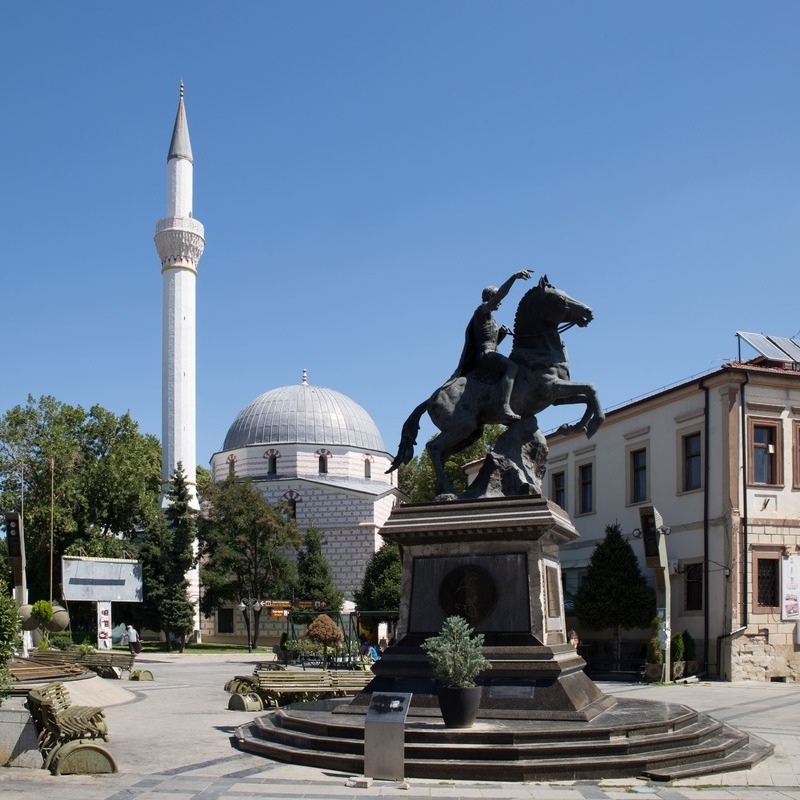

Why Is North Macedonia Popular Among Nomads?
We can definitely see how North Macedonia would appeal to nomads: it is less crowded, a lot cheaper, and just as culturally rich as anywhere else in Europe. Based on updated Numbeo figures, a single person’s monthly costs in North Macedonia total only $461.20, or 26.222,70 Macedonian denar without rent.


On average, it is 56.2% cheaper to live in North Macedonia (Skopje) than in the United States or a majority of Western European countries. In other words, in order to maintain the same living standards they would have while earning €3.600 in Madrid, the capital of Spain, nomads would only require €1.932,80, or 119.539,40 Macedonian denar.
Affordability is not the only reason why nomads are heading there en masse: North Macedonia is simply fascinating. Whether it’s hiking trails amid spectacular mountainous scenery, perfectly-preserved medieval castles and cobblestone towns, ski stations, or crystal clear lakes they’re after, it really does have something for every traveler profile.
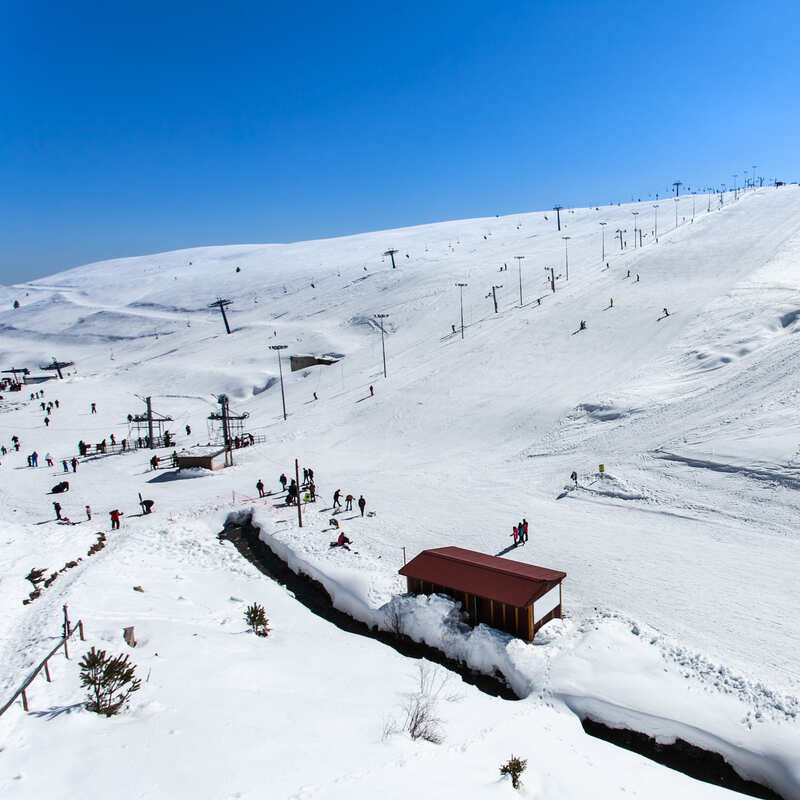

Here are the pros of using North Macedonia as a hub for remote work:
- It is not in the European Union nor the Schengen Area, so any time spent in North Macedonia does not count towards your 90-day Schengen limit
- Your dollars will stretch further: rent and consumer goods are roughly half the price compared to Western Europe
- Being one of the least-visited countries in Europe, it is not suffering from overtourism like neighboring Greece
- It is bureaucracy-free: you may be able to obtain a long-term residency permit by applying as a qualified worker (learn more here)
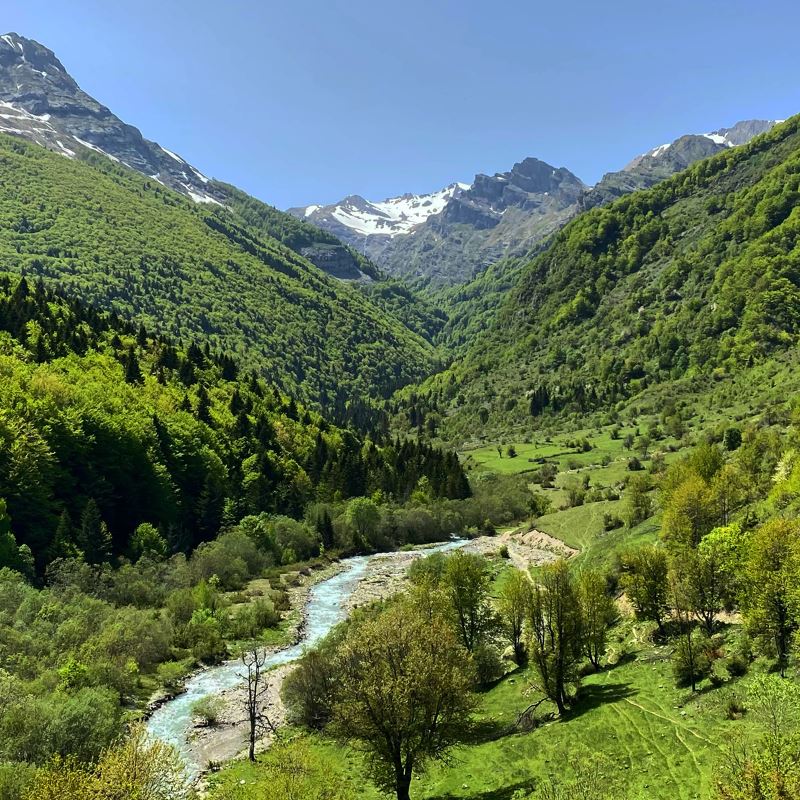

Is There A Macedonian DNV?
Authorities first announced plans to introduce a DNV as early as January 2021, though it is not clear they have indeed materialized as of January 2023. The project is supported by The Fund of Innovation and Technology Development, and once officially launched, it will permit remote workers to remain in the territory for up to a year (with potential extensions).
The lack of a formal visa category for nomads is not an impediment. If anything, it’s an opportunity: they are still granted a 3-month stay arriving as tourists, and due to the relaxed border policies of the Balkan Peninsula, they can split their time between different countries in the Eastern bloc and extend their time in Europe indefinitely, as long as they plan it wisely.
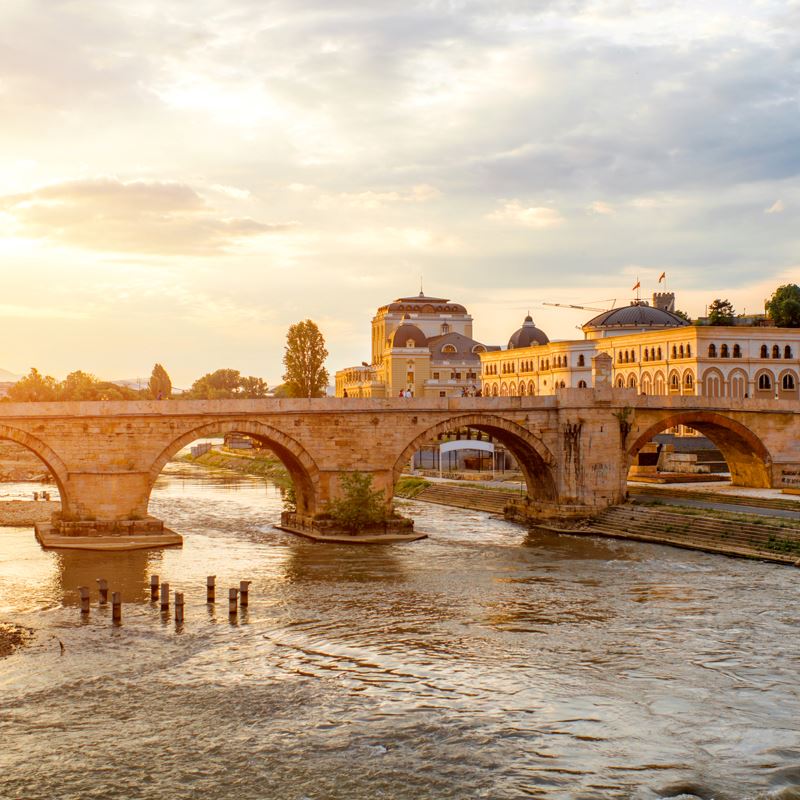

The complete list of fastest-growing digital nomad hubs and their growth in the last half-decade can be seen below:
- Palermo, Italy – 500%
- Skopje, North Macedonia – 417%
- Azores, Portugal – 361%
- Yerevan, Armenia – 308%
- Mallorca, Spain – 292%
- Lima, Peru – 261%
- Puebla, Mexico – 250%
- Tbilisi, Georgia – 239%
- Sofia, Bulgaria – 237%
- Cairo, Egypt – 231%
Read More:
Top 5 Travel Insurance Plans For 2023 Starting At $10 Per Week
How To Easily Earn Points For Free Travel
↓ Join Our Community ↓
The Travel Off Path Community FB group has all the latest reopening news, conversations, and Q&A’s happening daily!


SUBSCRIBE TO OUR LATEST POSTS
Enter your email address to subscribe to Travel Off Path’s latest breaking travel news, straight to your inbox.
This article originally appeared on TravelOffPath.com



